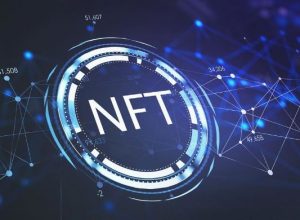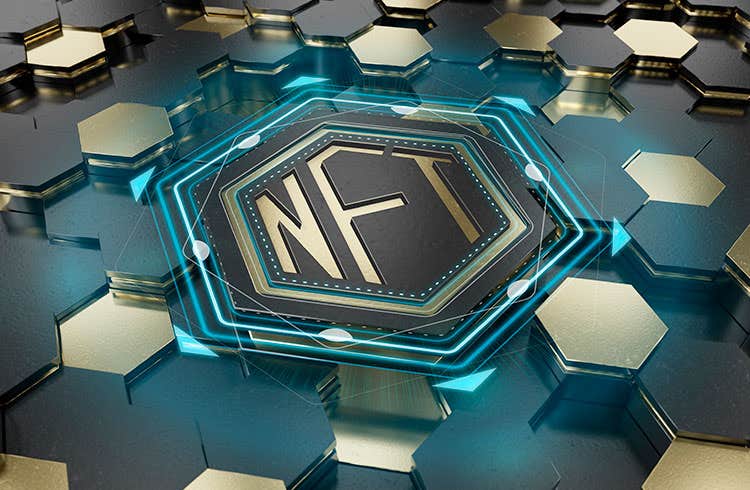Sotheby’s: NFT auction brings legal consequences
2 min readAn NFT auction that took place at Sotheby’s in New York has legal consequences for the auction house. Specifically, it is about the NFT work “Quantum” by the artist Kevin McCoy. The work dates from 2014, when ETH had not yet been invented and no one even knew the term “NFT”. Therefore, “Quantum” is of similar historical value to, say, the CryptoPunk NFTs and reached a selling price of $1.47 million at the auction.
But what is the lawsuit about? Typical disputes often have to do with infringement of copyright or trademark rights. However, neither is the case with Sotheby’s in the current case. The focus is on the possibility of moving content between different blockchains. If an NFT goes under the virtual hammer at an auction, the buyer can almost always assume that it is on one of the better-known blockchains. Finally, it is also in the seller’s interest to be able to easily transfer the NFT.
Who owns the rights to the Quantum NFT?
But that is exactly what is turning out to be the problem. Because last year McCoy relaunched the NFT on ETH. However, only as a representation of the original and under transfer of the rights to this original. McCoy coined the original NFT on NameCoin. This blockchain is subject to the rule that the NameCoins minted there must be renewed approximately every 200 to 250 days. Apparently McCoy didn’t do this. However, if you let the deadline pass, someone else can claim it. But apparently that hasn’t happened in the case of the original “Quantum” for six years.
At least until April 2021. Because then McCoy spoke about the planned “Quantum” sale and a Twitter user named @EarlyNFT registered the original on itself. He sued according to media reports through Canadian company Free Holdings Kevin McCoy, Sotheby’s and NFT startup Nameless. The question, however, is whether he has rights to the original metadata associated with the initial registration of the NFT. Nameless said in a Sotheby’s condition report, that the “specific Namecoin entry was removed from the system and effectively burned off the blockchain after the renewal didn’t happen.” EarlyNFT says this is not correct. Be that as it may, it is also the peculiarities of NameCoin that have led to this peculiar situation. A lawsuit like this could unintentionally give the Quantum NFT significantly more attention.






